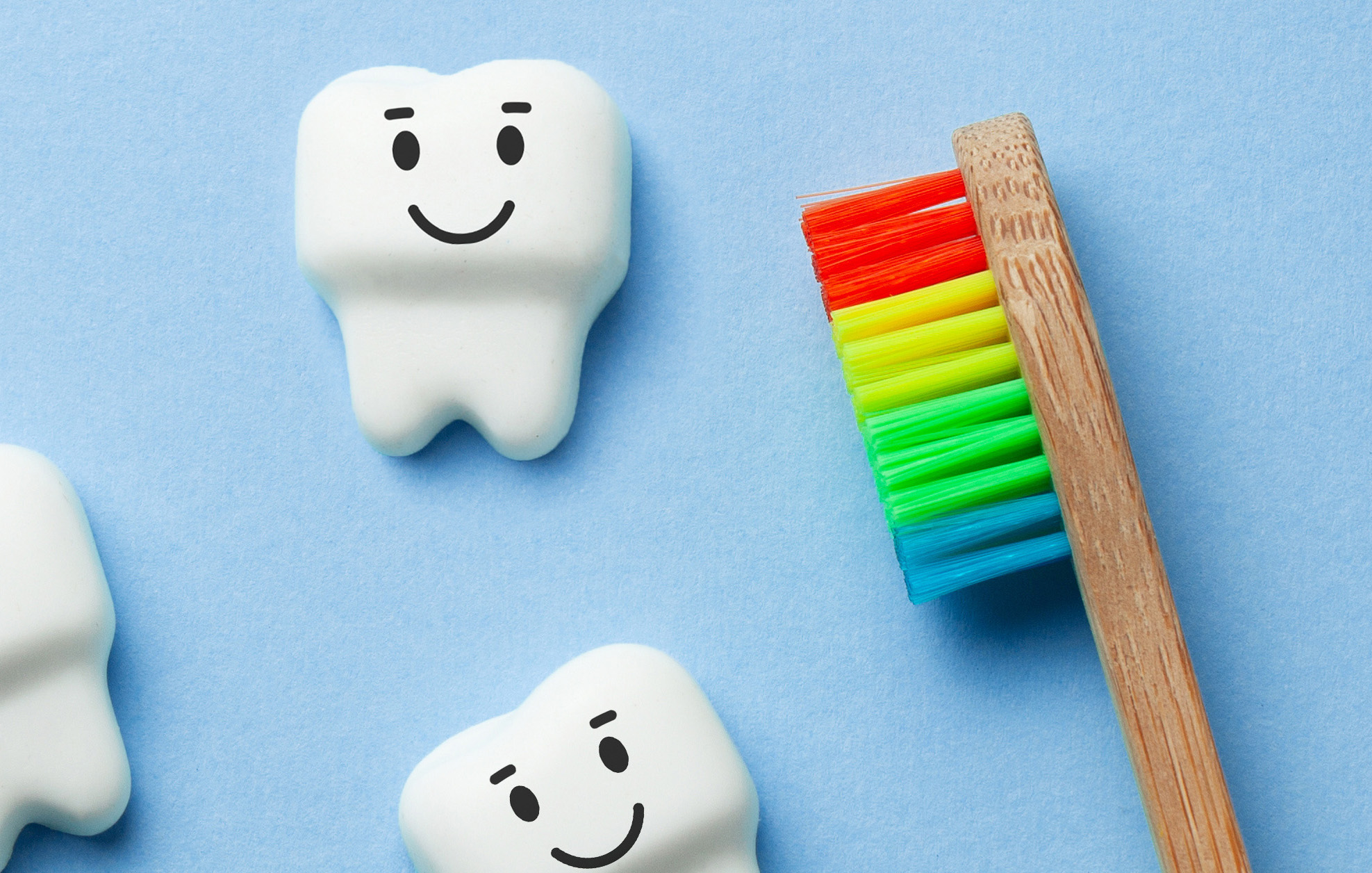
Patient Education
Category: Pain Management
Air Abrasion
Many people associate the high-pitched whirring of a dental drill with pain. Just the sound alone can make many people wince. A relatively new technique called air abrasion uses powerful particles of aluminum oxide to remove debris and decay. The most exciting thing for patients is that air abrasion is painless and, in some cases, doesn't require an anesthetic. Air abrasion leaves behind a gritty feeling in your mouth, which is simply rinsed away almost instantaneously using a small suction device. Tiny cracks and imperfections on a tooth can be fixed using air abrasion. Although air abrasion is not suitable [...]
Anesthesia
Dentistry has advanced to the point in which pain is almost a thing of the past. Powerful pain-killing medications known as anesthetics not only help a patient avoid discomfort during a procedure, but post-operatively as well. Some patients, especially children, may require higher doses of anesthetic than others. Types of pain-killing medications include: Analgesics - These are also called pain relievers and include common non-narcotic medications such as ibuprofen and aspirin. Analgesics are usually used for mild cases of discomfort, and are typically prescribed following such procedures as a root canal or tooth extraction. Anesthetics - Anesthetics can either be [...]
Managing Pain
There are many methods for relieving oral pain. They include: Ice packs on the affected area. Avoiding hard candy or ice. Avoiding sleeping on your stomach. Dentists use a wide array of pain management tools, including: Anesthetics such as Novocaine. Analgesics such as aspirin or ibuprofen. Sedatives, including a procedure known as "conscious sedation" or general sedation (also known as "deep sedation").
Medications
Some dental procedures, such as tooth extractions and oral surgery, may call for our office to prescribe medications before or after a procedure. These medications are used to prevent or fight an infection, or to relieve any post-operative discomfort and pain. For these reasons, it is extremely important that you share your entire medical history - including any medications you are currently taking - with our office. Some medications used in dentistry, and other medical practices, could interact with those medications in a detrimental way. In addition, if you have any allergic reactions to certain medications, it is important for [...]
Overview
Pain can occur in any number of places in your mouth: teeth, gums, roots, the palate, tongue and jaw. Cavities are a common culprit causing pain. Untreated cavities can impact nerves because of infections of the tooth and gums. Impacted and abscessed teeth and sore jaws from teeth grinding are other common causes of pain. Improper bite relationships and jaw disorders can also cause pain. Other sources of pain include sleep disorders, and headaches and neck aches. Special splints can sometimes be applied to stabilize a bite. Bites can also be corrected with special orthodontic procedures, appliances and restoration techniques.
